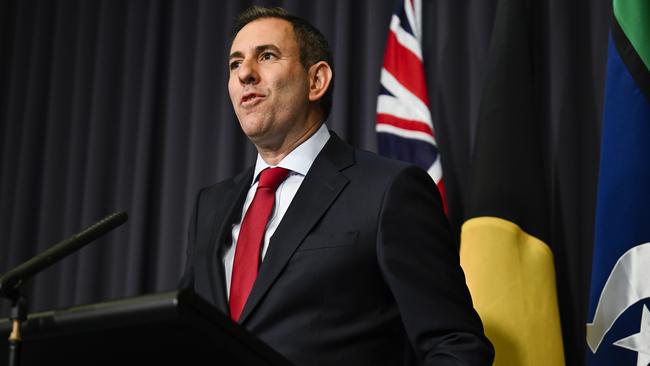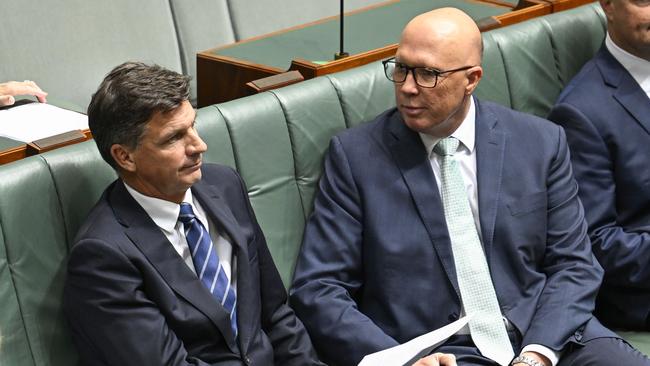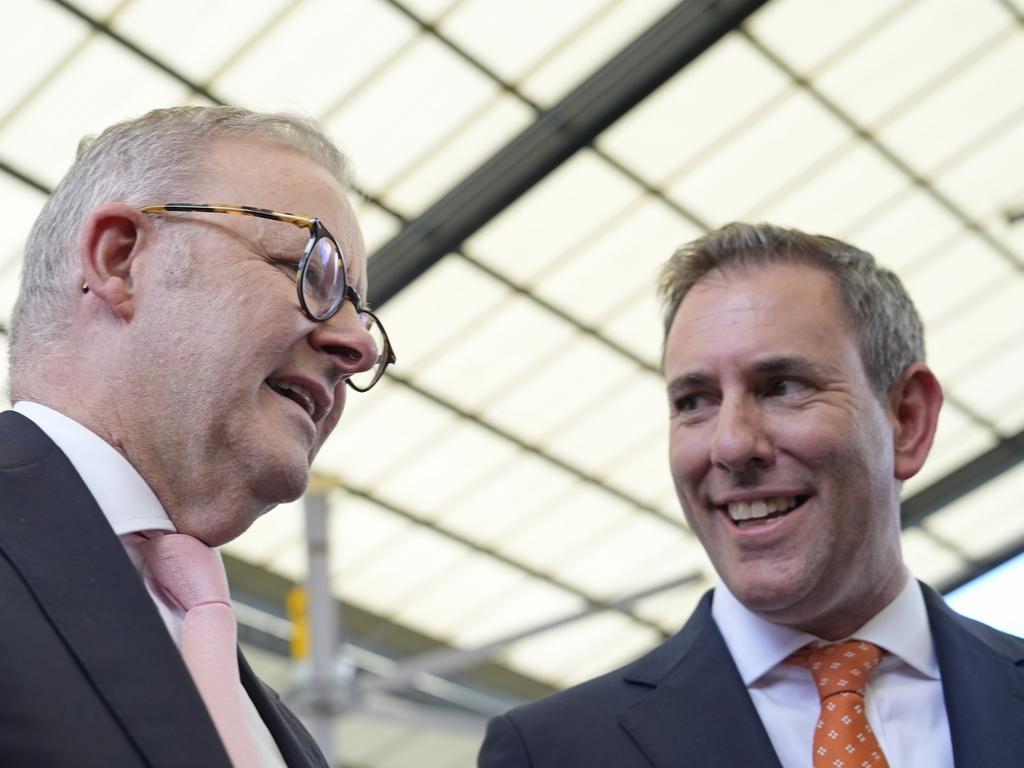
After the scale of the Liberal Party’s drubbing last weekend, the next most surprising thing for me was Labor’s tax policy offerings at the election: they were better than the Coalition’s.
The hyper-partisan nature of elections, fuelled by an increasingly polarised media, can often obscure the fact that both major parties are capable of sensible economic reforms in government. For those of us interested in pro-growth policies it’s tempting to harrumph at Labor’s emphatic victory, given the party of Hawke and Keating appears to have turned its back on its proud record of economic reform.
But it’s also pointless: at least for the next three years, Labor is the only game in town. Constructive criticism and persuasion rather than kneejerk opposition are more likely to produce better policy. And the election outcome could have been worse. It’s better to have a confident government with a large majority capable of pursuing an agenda rather than one beholden to the Greens or a smattering of unpredictable independents. In three years voters will be able to judge Labor’s record clearly.
On tax there are some promising signs, notwithstanding the government’s egregious proposal to tax unrealised capital gains within superannuation.
The bar for sensible, indeed any, tax reform has been very low for some time, but Jim Chalmers in his most recent budget unexpectedly promised to trim the lowest marginal tax rate by two percentage points in coming years. Yes, it was a piddling tax cut, but to Labor’s credit it didn’t choose to arbitrarily lift one of the lower-income tax thresholds – an implicit recognition that it is lower rates that improve the incentive to work and save.

Labor also promised to introduce a standard income tax deduction of $1000, a complexity-reducing and time-saving benefit that all taxpayers can access, in contrast to the one-off $1200 tax rebate the Coalition had offered only some taxpayers.
We should celebrate that short-term bribes weren’t effective. The phrase “cost-of-living crisis” implies something temporary, but the problem won’t subside without permanent changes.
The Prime Minister may yet choose to tap the expertise of MPs Andrew Charlton and Daniel Mulino, both of whom have PhDs in economics and well understand what crushingly high income tax rates do to entrepreneurship, work and saving.
Perhaps Paul Keating’s wise advice will finally resonate. “Once you start getting the top rate over, in my opinion, 39, it becomes confiscatory, and when they become confiscatory you just lose all that impetus to make a dollar and do clever things,” he said last year in an interview.
Indeed, claiming Australia is low tax compared to a bunch of sclerotic, failing European nations on the other side of the world is not cause for comfort. Our top rate is even higher than China’s, which is 45 per cent.
It’s easier politically for parties of the left to cut income tax rates.
The political rhetoric of the two major parties, both how they describe themselves and each other, often deviates significantly from reality. The Coalition’s own fiscal outlook – based on its tax and spending plans – produced a few days before the election was almost identical to Labor’s, and in fact worse for the next two years. It pencilled in total debt 3 per cent lower than Labor in four years’ time – not exactly a revolution.
For all the Labor Left’s talk about climate change, when push comes to shove Resources Minister Madeleine King has green-lit numerous gas projects. Labor governments in New South Wales and Western Australia appear to be relatively pro-development. South’s Australia’s Peter Malinauskas has even backed a domestic nuclear industry.
In May last year Greenpeace said King’s gas strategy “might as well have been written by the fossil fuel lobby … it is full of measures to ease the way for new gas … It reads like a blank cheque for the industry to drill as they please, no matter the cost to our communities, and our climate”.
That was promising; everyone in the Labor Party isn’t Chris Bowen. Talk is cheap but Chalmers recently declared Labor’s second term would be “primarily about productivity without forgetting inflation”.
That’s a good idea as long as the Productivity Commission hasn’t given him the wrong ideas. In its latest productivity update it decried the long-term decline in productivity growth but discovered a curious artefact of the past few years.
“We saw a sharp rise in productivity driven by the lockdowns, which was then wiped out as lockdowns ended and hours worked reached record highs,” the Commission said. The last thing we need are lockdowns to boost productivity!
We can only hope the Treasurer pursues increased productivity growth the old-fashioned way: letting households and businesses keep more of their incomes so they can arrange their affairs in the most efficient way and avoiding stifling new regulations.
“A strong labour market was good for employment, but bad for productivity,” the Commission also found, pointing out the rapid growth in relatively unproductive “care economy” jobs was dragging down the national average.
Keating also said that when you change the government, you change the country. For conservatives, it’s been a reason to despair since last weekend. But politicians give themselves too much credit: governments have far less influence over social and economic affairs, and they can’t wreck a country in one term. A better aphorism is Adam Smith’s: “There’s a great deal of ruin in a nation.” Let’s be optimistic that some sensible reforms will emerge from this government; if they don’t, it’s likely not the end of the world.
Adam Creighton is chief economist at the Institute of Public Affairs.





